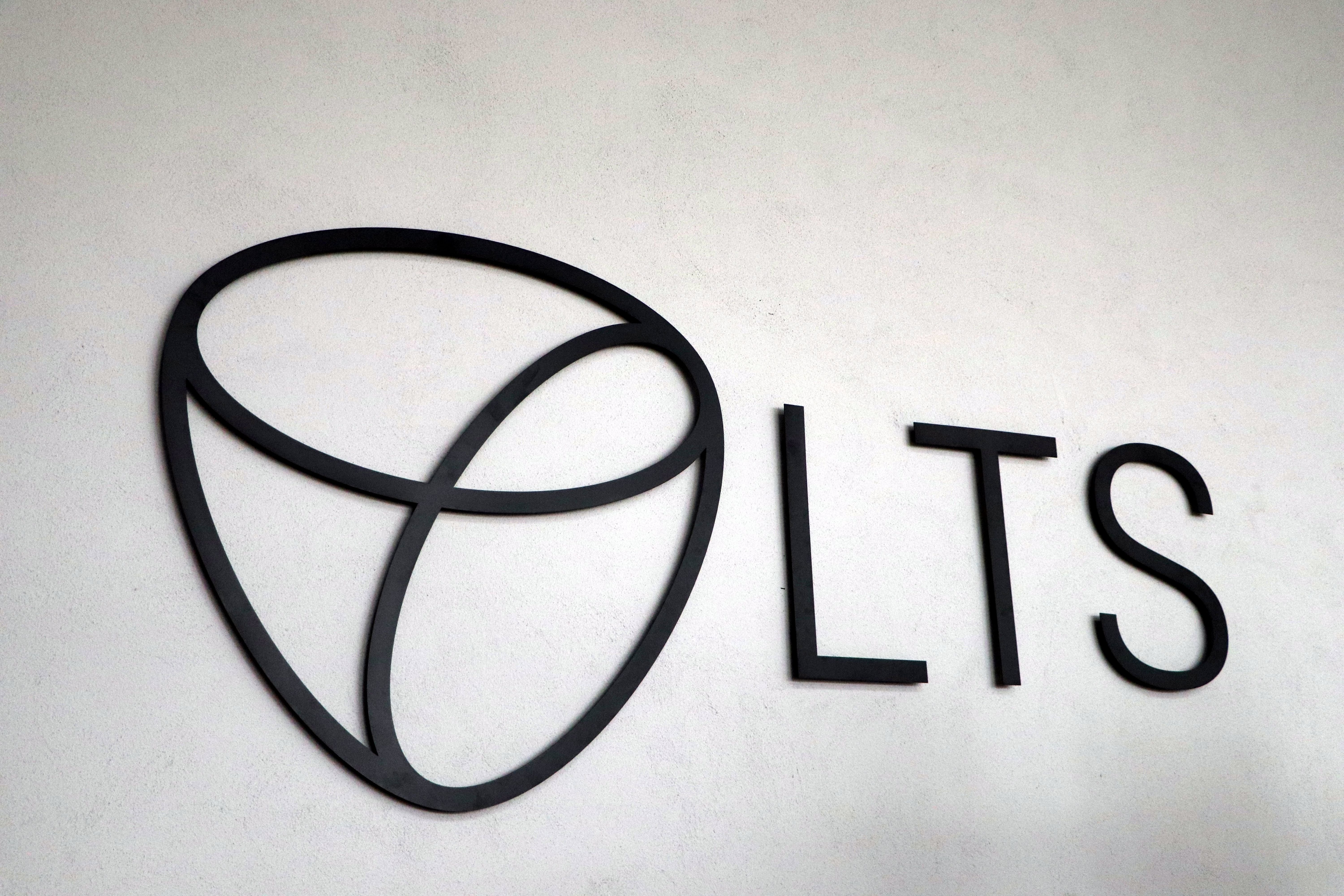PressSplit
The rules enforcers of the International Football Association Board (IFAB) are planning to change the goalkeeping rule in order to take stricter action against time play.
Munich – Everyone knows it: the final phase of the game has begun and the goalkeeper takes what feels like an eternity to hit the ball. The “six second rule” was once introduced to prevent such time games. But if a referee punishes the offense, an indirect free kick follows – a harsh penalty that is therefore rarely used.
An indirect free kick is sometimes considered to be too much of an advantage for the team that did not commit the offense. Especially since the team had no chance of scoring at the time of the offense because they were not in possession of the ball.
Tests are already being carried out in lower leagues
Since March, various lower-class leagues in Europe have been testing how this rule could be changed. On Tuesday, a meeting of the IFAB football and technical advisory committee took stock of the tests carried out.
Manuel Neuer and Co. could soon be affected by a rule change. © IMAGO / Jan Huebner
The time limit should be increased from six to eight seconds if the keeper is prevented from getting rid of the ball by an opponent or if no teammate is available for him to pass. It was found that in these cases the goalkeeper holds the ball in his hand for eight seconds – correspondingly the extension of two seconds.
Referee should show a countdown
If the keeper holds the ball longer than the allotted eight seconds, there is a corner kick or a throw-in, which must be taken at the penalty spot. The decision is the responsibility of the test participants, but applies to all games. The studies show, however, that a goalkeeper who wants to buy time and therefore falls on the ball unnecessarily, for example, holds the ball for up to 20 seconds, which is significantly longer than is actually allowed. A first offense will result in a verbal warning, and any subsequent offense will result in a yellow card.
The referee begins counting down from eight seconds and should then clearly show a countdown from five to zero seconds with his hand raised. According to the IFAB, the “systematic enforcement of the ban on holding the ball for too long” in combination with a continuation of the game in which the opposing team does not gain too much of an advantage, could “prevent or at least contain the time game”.
DFB-Referee boss Knut Kircher agrees Bild: “That would definitely help increase net playing time, I’m a fan of that idea.”
However, it is still unclear when the rule could also be applied in the Bundesliga and other top leagues in Europe.


